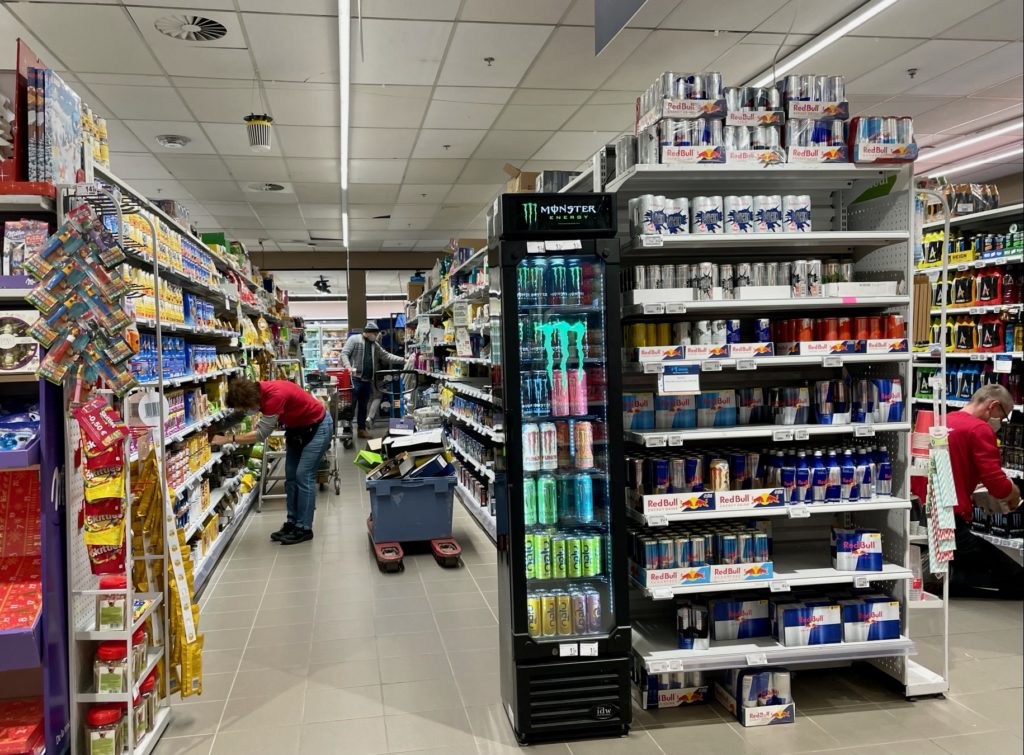The European Commission will ban five Indian regulators from selling products in the EU due to contamination by the pesticide ethylene oxide that has been affecting European retailers for over a year.
The food scandal involving mould and ethylene oxide has been dragging on since September 2020, and De Standaard broke the news about sanctions in a print edition this week.
The contaminations ended up in sesame seeds or oil, the thickening agent locust bean gum, and spices such as curry, ginger powder and turmeric. Food agencies in Europe have already had to withdraw hundreds of tonnes of contaminated food products from the market.
Some Indian producers now blacklisted
The Commission is now punishing India for the contaminated products it shipped to the EU. Five regulators lose the right to sell their approved products in Europe. Their certificates are no longer valid and they will be added to a 'black list'.
The companies concerned are CU Inspections India, Ecocert India, the Indian Organic Certification Agency (Indocert), Lacon Quality Certifications and OneCert International. These are all importers with guaranteed 'organic' products.
Related News
- List of food recalls for ethylene oxide grows
- Not all recalls for ethylene oxide are necessary, warns Belgium's food safety agency
The restrictions will take effect on 1 January 2022 and have already been approved by the European Member States. According to the Indian newspaper Hindu Business Line, the Indian side lobbied hard against the proposal, but without success.
The Commission claims that the Indian regulators concerned “misled their customers by selling products with unauthorised residues of ethylene oxide.”
Market players systematically allowed ethylene oxide to be sold and kept it hidden, possibly from their own government in Delhi, as well. The EU has not yet been able to carry out a detailed investigation on site because of the coronavirus crisis.
Problems with other Asian countries
In December, a dozen products were recalled across Europe because of ethylene oxide. These included cumin, broth and puffed rice from India, as well as carob flour from Malaysia, instant noodles from the Philippines, organic cinnamon from Sri Lanka, spices from Lebanon and additives from China.
This suggests that the problem with ethylene oxide goes beyond India. The Commission therefore must choose whether or not to continue complicated negotiations with Malaysia, Sri Lanka and China or impose penalties.
Ethylene oxide is banned and carcinogenic but given the small quantities does not present an acute danger to consumers. The full list of recalled products can be found here.

